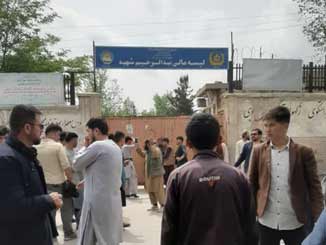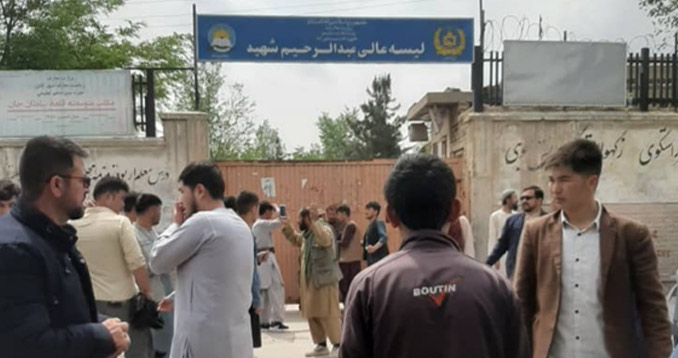

(Hashte-Subh) Human rights defenders and civil activists affiliated with the Hazara ethnic group have signed a petition, urging the United Nations and donor countries in Afghanistan to recognize the community as a group at risk of genocide.
After tolerating five years of discrimination, torture, humiliation, and mass killing by the Taliban in the 1990s, an era of hope shined for Hazaras with the overthrowing of the cruel regime by NATO forces in 2001.
With the emergence of Mohammad Ashraf Ghani, the former Afghan president in 2014, the environment for all other ethnicities, particularly Hazaras changed. Since 2014, 40 brutal cases of attacks have been recorded on the Hazara community across the country.
The Hazara community in Afghanistan has been under attack by global terrorism since 2014 when the ISKP officially announced its presence in the region, during the presidency of Ashraf Ghani Ahmadzai, the former president of Afghanistan. The Islamic State in Khurasan Province (ISKP) and the Taliban’s Haqqani Network have been the main perpetrators of the attacks on Hazaras. Since last August when the Taliban seized power in Afghanistan, it was believed that suicide attacks on the Hazara community would stop. But it did not turn into reality. The ISKP have launched several brutal attacks on the community even after the Taliban’s takeover of the country, including attacks on mosques in Kandahar and Kunduz provinces.
Unknown groups have recently targeted Hazara community in Afghanistan with intense suicide attacks. The attacks on the community is the most controversial of all, considering that the perpetrators have been targeting the most vulnerable segment of the community, such as students at schools and prayers at mosques.
On Tuesday (April 19) a series of consecutive explosions targeted a private educational center and a public school while students were about to leave their classes, killing 27 innocent students. The recent attacks have spiked widespread reactions and condemnations among citizens and the international community, considering that the Taliban – the mastermind behind the modern-type suicide attacks – rules over the country.

Leave a Reply